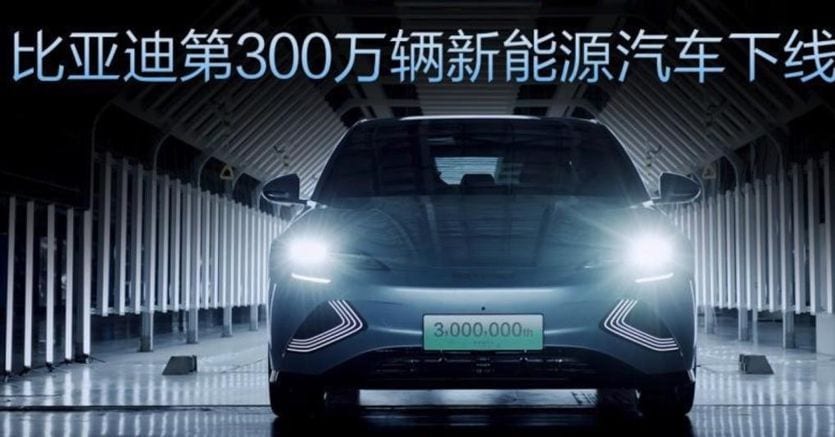The rivalry between Chinese automakers is reaching new highs, especially with regard to electrified vehicles and BEVs, which are now the main challenge also by virtue of the multitude of new players that are entering the market. Great Wall Motor said on China’s Webo platform (similar to Twitter) on Thursday that BYD’s top two plug-in hybrid models do not meet national emissions standards. With a statement, BYD immediately responded by stating that Great Wall bought the two models and organized the tests, so the results are not valid. “We strongly oppose any kind of unfair competitive behavior and reserve the right to sue you,” he added.
As China’s market growth was undermined by Covid, domestic automakers began accusing each other of hiring online bloggers to spread false product information to undermine their reputations. To curb the smear battle and promote unity among local manufacturers, eight Chinese brands – including three major companies (Great Wall, BYD and Chery Automobile) have formed a “self-regulatory alliance”. But to no avail: the month after its incorporation, Geely sued Great Wall accusing it of maliciously spreading false and misleading information to damage its reputation. Although the two companies later settled their disputes by blaming third parties for starting the smear campaign, the feud between Chinese manufacturers has shown no signs of abating. Indeed, it has quickly spilled over into the electrified vehicle market.
Since late 2022, a slew of BEV manufacturers including Li Auto, Nio and Xpeng have set up legal teams dedicated to countering negative online campaigns, many of which are believed to be sponsored by competitors. In February, Changan Automobile released a statement claiming that Geely copied the styling of its latest electric sedan concept. And so on, until last Thursday with Great Wall’s indictment over the emissions issues of BYD’s two models, the Qin Plus and Song Plus plug-in hybrids. How government regulators will handle such situations remains to be seen, but one thing is. certain: with relentless competition between EV manufacturers, the feud between the local brands that control over 70% of the BEV market will intensify. This will push more and more producers to look for growth opportunities abroad.
